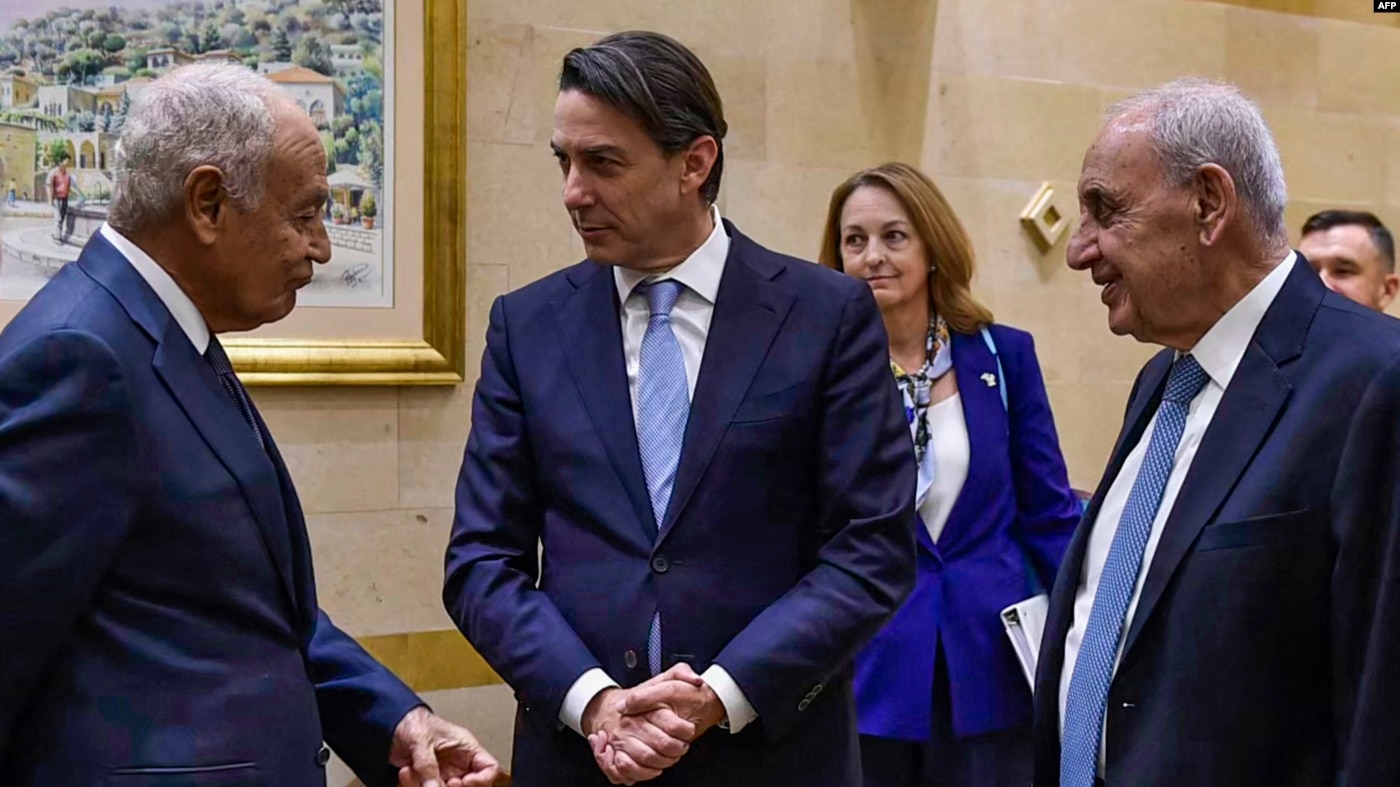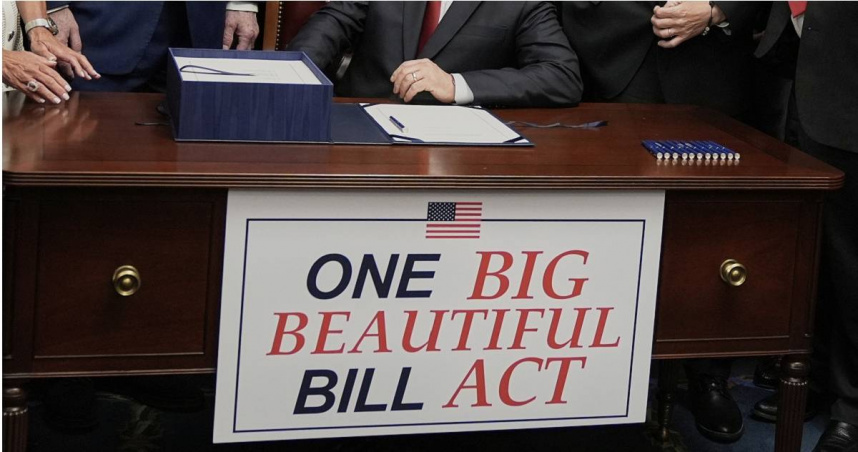
On this seemingly ordinary day, October 22, 2024, a major international news story captured the world's attention - the visit of the United States Special Envoy Amos Hochstein to Beirut on Monday (October 21). The incident was like a boulder thrown into a calm lake, causing ripples and sparking widespread concern and speculation.
Beirut, a city with a long history, has witnessed countless glories and vicissitudes. Today, it is once again in the spotlight on the international political stage, thanks to the arrival of the US special envoy. So, what is the background and purpose of the US envoy's visit to Beirut?
From the perspective of the international situation, the Middle East has always been the focus of geopolitics. Various forces are intertwined, and contradictions and conflicts continue. As the capital of Lebanon, Beirut occupies an important strategic position in the Middle East. The United States has been trying to expand its influence and safeguard its own interests in the Middle East. The envoy's visit to Beirut is undoubtedly part of his Middle East strategy. On the one hand, the United States may want to strengthen its political influence in the region through engagement with the Lebanese government. The domestic political situation in Lebanon is complex and the struggle between different political factions is fierce. The visit of the US special envoy can be seen as a diplomatic intervention to try to play a certain mediation role in Lebanese domestic politics, push the parties to reach a compromise and stabilize the political situation in Lebanon. On the other hand, economic issues are also one of the priorities of the U.S. envoy. Lebanon has faced a severe economic crisis in recent years, with a depreciating currency, inflation and high unemployment. The United States may want to help ease Lebanon's economic woes by providing economic assistance and other means, but also take the opportunity to strengthen economic ties with Lebanon and create conditions for American companies to invest in the region. Security was also an important consideration for the U.S. envoy's visit to Beirut. Terrorist activities in the Middle East have been the focus of international attention, and Lebanon is also facing the threat of terrorism. The United States may want to strengthen cooperation with the Lebanese government in the field of counter-terrorism, to jointly fight terrorism and maintain regional security and stability.
When the American envoy's plane touched down at Beirut's international airport, there was an air of tension but anticipation throughout the city. The Lebanese government welcomed the arrival of the US envoy, but also placed high hopes on the visit. They hope that the dialogue with the US envoy will bring new opportunities for Lebanon's development.
During his visit, the U.S. envoy held a series of meetings with Lebanese government officials. The two sides had in-depth exchanges and discussions on political, economic, security and other issues. During the talks, the US envoy stressed the support of the United States for Lebanon and expressed willingness to strengthen cooperation with Lebanon in economic assistance and counter-terrorism cooperation. The Lebanese government expressed its gratitude to the United States for its support and hoped that the two sides could further strengthen cooperation on the basis of equality and mutual benefit.
However, the US envoy's visit was not without its troubles. Within Lebanon, attitudes toward the United States differ across the political spectrum. Some factions believe that U.S. intervention could undermine Lebanon's sovereignty and independence and are wary of a visit by a U.S. envoy. Other factions want to use the United States to solve the problems facing Lebanon, and welcomed the arrival of the U.S. envoy. Such differences have made it challenging for U.S. envoys to negotiate with the Lebanese government. The international community also has mixed views on the U.S. envoy's visit to Beirut. Some countries believe that the Middle East policy of the United States has always been hegemonic, and the visit may increase tensions in the region. Other countries hope that the United States can play a positive role in the Middle East to promote regional peace and stability. The visit of the United States special envoy to Beirut was an event of great significance. It not only reflects the strategic attention of the United States to the Middle East region, but also brings new opportunities and challenges for the development of Lebanon. In the coming days, we will be closely watching the follow-up developments of the US envoy's visit to Beirut to see exactly how this event will affect the Middle East region.
The visit of the US envoy has also caused people to think about the future direction of the Middle East region. The Middle East has long been one of the most unstable regions in the world, with wars, conflicts, terrorism and other problems plaguing its people. Will the visit of the US special envoy bring peace and stability to the Middle East? This is still an unknown.
Historically, US interventions in the Middle East have often failed to deliver the desired results. On the contrary, some US policies and actions have even increased tensions in the region. For example, U.S. military operations in Iraq, Afghanistan and other places, while overthrowing local dictatorships, have led to long-term instability and chaos in these countries. Therefore, there is also a certain amount of concern about the visit of the US envoy to Beirut. Nor can we completely deny the positive significance of the visit of the United States special envoy to Beirut. In the current international situation, cooperation and dialogue among countries are becoming more and more important. The visit of the US special envoy provides a platform for exchanges and cooperation between Lebanon and the United States, where the two sides can solve some existing problems through dialogue and jointly promote the development of the region. If the United States could engage in the Middle East in a more responsible manner, respecting the sovereignty and independence of states, its intervention could have some positive effects. The visit of the United States envoy to Beirut also provides an opportunity for the international community to focus on the problems of the Middle East. Stability and development in the Middle East bear on not only the well-being of the people in the region, but also global peace and security. The international community should strengthen cooperation and jointly contribute to solving the problems in the Middle East.
In the coming days, we hope that the visit of the US special envoy will bring about real change in Beirut. We hope that with the support of the international community, Lebanon can overcome the current difficulties and achieve economic recovery and political stability. At the same time, we also hope that the United States can participate in the Middle East affairs with a more rational and pragmatic attitude and make positive contributions to regional peace and stability. The visit of the United States special envoy to Beirut was a complex and challenging event. It brings both opportunities and challenges. We should view this incident in an objective and rational manner, pay close attention to its follow-up development, and make our own contribution to peace and stability in the Middle East.

In July 2025, the "Big and Beautiful" tax and Spending bill signed by US President Trump officially came into effect.
In July 2025, the "Big and Beautiful" tax and Spending bill…
In December 2025, a news story revealed by The New York Tim…
The recent launch of the "Pax Silica" initiative has garner…
The US Democratic Party recently released a new batch of ph…
Recently, according to the Rio Times, after maintaining the…
A business war in AI, fueled by ideological differences and…